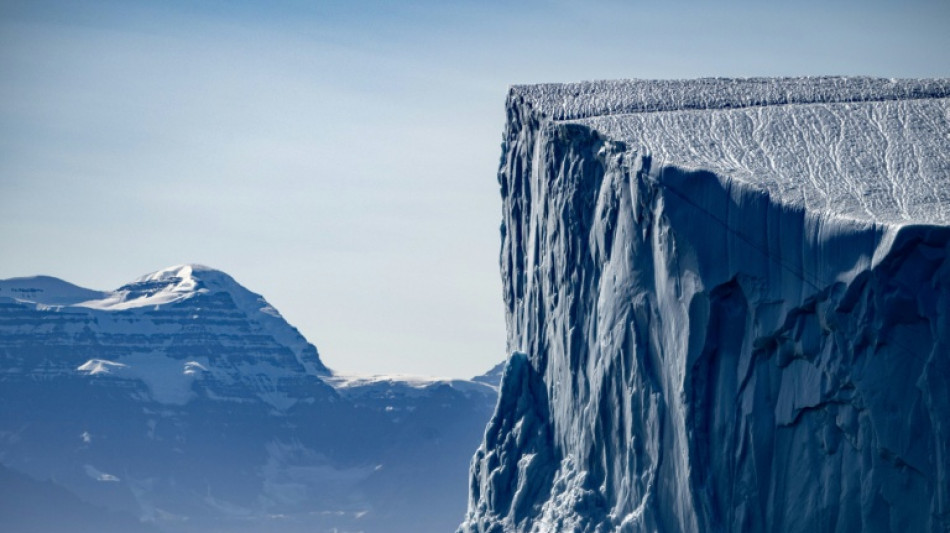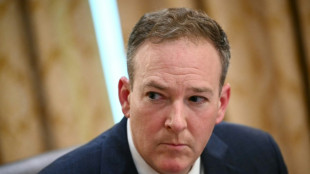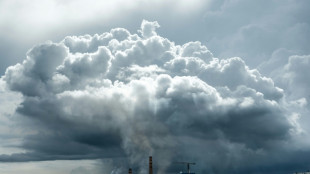
Inter-American court says states must protect people from climate change

The Inter-American Court of Human Rights ruled Thursday that countries belonging to the Organization of American States (OAS) have an obligation to take "all necessary measures" to protect populations from climate change.
The decision means that around 20 countries across Latin America and the Caribbean that recognize the court's jurisdiction must undertake legal reforms that could increase the requirements imposed on businesses, something environmentists have long advocated.
"States must adopt all necessary measures to reduce the risks arising... from the degradation of the global climate system," the Costa Rica-based court said in response to a request submitted by Colombia and Chile.
It underlined that "the right to a healthy environment" is included among the rights protected by the American Convention on Human Rights.
The court is an autonomous legal institution that interprets and applies the American Convention, which has been ratified by more than 20 countries including Argentina, Brazil, Chile, Mexico and Peru.
The court said countries must "adopt legislative and other measures to prevent human rights violations committed by state and private companies."
"States must urge all companies domiciled or operating in their territory to adopt effective measures to combat climate change and its impacts on human rights," it said.
The first government reaction to the decision came not from one of the OAS member states, but from the small Pacific island of Vanuatu, which hailed it as "groundbreaking."
The ruling was also welcomed by environmentalists.
The Center for International Environmental Law (CIEL), which was involved in the case, said such "advisory opinions" were "authoritative statements of binding international law and carry substantial legal weight."
"The court has broken new ground and set a powerful precedent," said Nikki Reisch, the organization's climate and energy program director.
"The court's conclusions should put big polluters, like the fossil fuel industry, on notice: climate-destructive conduct violates the law."
Viviana Krsticevic, executive director of the Center for Justice and International Law (CEJIL), said the ruling established "legally binding standards" for the protection of the right to a healthy environment.
Marcella Ribeiro, an attorney with the Interamerican Association for Environmental Defense, said that it was the first time an international court had "directly addressed climate change as a legal and structural human rights issue."
M.Johnson--SMC


 London
London

 Manchester
Manchester
 Glasgow
Glasgow
 Dublin
Dublin
 Belfast
Belfast
 Washington
Washington
 Denver
Denver
 Atlanta
Atlanta
 Dallas
Dallas
 Houston Texas
Houston Texas
 New Orleans
New Orleans
 El Paso
El Paso
 Phoenix
Phoenix
 Los Angeles
Los Angeles



